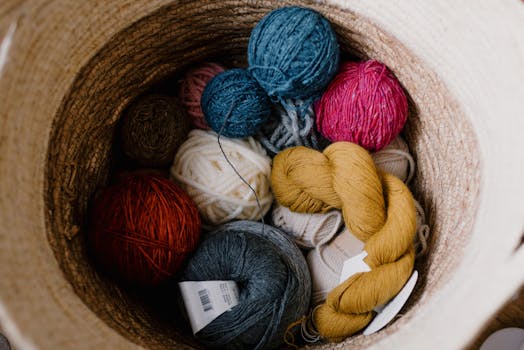Natural Fibers, Global Markets: Africa’s Role in the Sustainable Textile Revolution

Natural Fibers, Global Markets: Africa’s Role in the Sustainable Textile Revolution
Natural Fibers, Global Markets: Africa’s Role in the Sustainable Textile Revolution. The world is shifting towards sustainability, and the textile industry is no exception. With the growing demand for eco-friendly products, natural fibers are gaining popularity, and Africa is at the forefront of this revolution. The continent is home to a wide range of natural fibers, including cotton, jute, and sisal, which are in high demand globally.
Africa’s role in the global natural fiber market cannot be overstated. The continent is the largest producer of cotton, accounting for over 40% of global production. Countries such as Egypt, South Africa, and Nigeria are major players in the cotton industry, with many textile mills and manufacturing facilities. In addition to cotton, Africa is also a significant producer of other natural fibers, including jute, sisal, and hemp.
The Sustainable Textile Revolution
The sustainable textile revolution is driven by consumer demand for eco-friendly products. With the growing awareness of the environmental and social impacts of the textile industry, consumers are increasingly looking for products that are sustainable, ethical, and environmentally friendly. Natural fibers are a key component of this revolution, as they are biodegradable, renewable, and require less water and pesticides than synthetic fibers.
Africa is well-positioned to capitalize on this trend, with its abundant natural resources and growing textile industry. Many African countries are investing in sustainable textile production, with a focus on organic cotton, recycled materials, and innovative manufacturing techniques. For example, Kenya is home to a number of textile mills that produce high-quality, eco-friendly fabrics, while South Africa is a leader in the production of sustainable wool and mohair products.
Challenges and Opportunities
Despite the many opportunities presented by the sustainable textile revolution, there are also challenges that need to be addressed. One of the major challenges facing the African textile industry is competition from cheap, synthetic fibers produced in countries such as China and India. Additionally, many African countries lack the infrastructure and technology to produce high-quality, sustainable textiles, making it difficult to compete in the global market.
However, there are also many opportunities for growth and development in the African textile industry. With the increasing demand for sustainable products, there is a growing market for African natural fibers and textiles. Additionally, many international companies are looking to invest in sustainable textile production in Africa, providing opportunities for job creation and economic growth.
Conclusion
In conclusion, Africa is playing a significant role in the sustainable textile revolution, with natural fibers being a key component. The continent is home to a wide range of natural fibers, including cotton, jute, and sisal, which are in high demand globally. While there are challenges to be addressed, there are also many opportunities for growth and development in the African textile industry. With the increasing demand for sustainable products, Africa is well-positioned to capitalize on this trend and become a leader in the global sustainable textile market.




